Alongside Caffeine, Alcohol is a psychoactive drug that is consumed globally. Alcohol is generally consumed during social gathering and for celebration. It is not uncommon that athletes are recommended to abstain from consuming alcohol. Generally, when athletes carry out acute alcohol consumption, their normal blood flow, protein synthesis, and rehydration cues can be negatively impacted. These changes in normal body functions can affect one’s athletic recovery and performance. Follow along this article to learn more about alcohol, how it is broken down in the body, and how it affects athletic performance!
Is Alcohol a Nutrient?

All macro- and micronutrients are important to provide our bodies the energy we need to crush and/or aid in recovery training sessions or a competition. Macronutrients provide us with mechanical energy when they are broken down, while Micronutrients help in bodily functions during and after physical activity. Find more information aboutUltra Sport Nutrition!
Of course, each nutrient releases different amounts of energy depending on its own calorific value. For Carbohydrates and Protein, they provide 4 calories/gram, while Fat provides 9 calories/gram.Interestingly, Alcohol contributes 7 calories/gram that can be used for energy but it is not considered a nutrient.This is because a nutrient should provide energy AND help maintain body structure and function.
Unlike nutrients, alcohol does not need digestion and is quickly absorbed into the blood.Because of how alcohol cannot be stored, the liver must break it down and remove it from our body quickly. In the liver, alcohol gets priority over other nutrients. Alcohol interferes with our body’s growth, maintenance and repair because it interrupts the breakdown of nutrients to provide us enough energy.
Effects of Alcohol on Athletic Performance
All athletes and active individuals have their respective lifestyles.Keep in mind that the precise amount that is “allowed” for athletes to consume without compromising training is difficult to say as each athlete is built differently. Like all our food choices, consuming alcohol also impacts our performance as it influences our strength, muscular endurance, speed as well as cardiovascular endurance. As our bodies prioritize the breakdown and removal of alcohol, even our bodily processes during recovery are impacted.

Here are several ways alcohol can affect your performance:
1. ALCOHOL IS A DIURETIC
Our bodies have a natural response to remove fluids through urine and sweat according to how much water we consume, how much physical activity we are exerting and the intensity of training sessions.When alcohol is consumed, our body removes more fluids by increasing urine production which can lead to dehydration. The combination of alcohol’s diuretic effects and sweat can eventually lead to a deficiency in fluids and electrolytes. This results in weak muscles and cramping throughout and after your training sessions, which ultimately impacts performance.
So alcoholic drinks should be avoided to ensure your body is rehydrated with proper amounts of water and electrolytes.Proper rehydration to prevent your body from dehydration is important to maintain optimum muscle contraction and avoid muscle cramping.Instead, choose to replenish your euhydration state and electrolytes by eating ourNaak Ultra Energy Bars with water. With 180 mg of electrolytes, both your muscles and athletic performance will thank us!
2. INCREASES RISK OF LOW ENERGY STORES & MUSCLE RECOVERY
Vitamin B3, Niacin, is an important mineral needed by cells to provide energy and the liver to help remove alcohol from our bodies. In the body, Niacin can be formed into a molecule called Nicotinamide adenine dinucleotide or NAD. NAD is important for breaking down glucose into energy. If our NAD stores are used to breakdown alcohol, breaking down nutrients into energy is limited. Ultimately, this will negatively affect an athlete’s muscle function as muscles are not receiving enough energy to prolong endurance during Ultras or strength during weight bearing exercises.
By limiting alcohol intake, our available Niacin can also widen blood vessels. This allows the muscles to receive more oxygen and nutrients for more stamina and endurance. Not to mention that Niacin is a Human Growth Hormone (HGH) booster! HGH, a natural hormone produced in the pituitary gland, assists in speeding up the repair of muscles after training, allowing the increase in exercise capacity and performance.
3. ALCOHOL INTERFERES WITH BODY TEMPERATURE REGULATION
Our bodies are quick and adaptive to changes in our surroundings. We have a natural ability to regulate internal temperature depending on external environments.Unfortunately, consuming alcohol impairs this ability and can increase the likelihood of heat strokes or hypothermia. This may be detrimental to an athlete’s performance, especially when training in harsh weather conditions.
Consuming alcohol before training in cold temperatures causes our body’s core temperature to fall. During cold days, slow runners training or competing in long distances can produce too little heat and become too cold.Not only does this impact performance as our bodies are incapable of reaching a steady state to endure training, athletes who train alone can compromise their safety as they develop a lack of concern for their condition.
4. DECREASES OUR CENTRAL NERVOUS SYSTEM RESPONSE
The excitability of our Central Nervous System (CNS) can be reduced by alcohol consumption.
This is because alcohol acts as a depressant. Consuming alcohol can negatively impact our balance, reaction time and memory and accuracy of motor skills.
Alcohol Alternatives

Understandably, sometimes athletes have beer cravings! Beer is believed to help replace fluids and CHO stores after training, though, the alcohol in beer actually contributes more calories than nutrients. So, try opting for the alcohol-free alternative! Many alcoholic-free beers are isotonic and are similar to bubbly CHOs with polyphenols.These nutrients make this alcohol alternative a great recovery drink by helping athletes replenish glycogen stores and decrease inflammation in muscles to prevent impairment in function and muscle loss.
Interested in trying alcoholic-free beer? Here are some brands to check out:Athletic Brewing harmonizes the love for craft beer and health, targeting athletes who want to cut out or lower alcohol consumption. Meanwhile,Boulevard Brewing invites athletes to try both their alcoholic-free beers and craft cocktails by asking: why settle for the ordinary? Lastly,Wellbeing Brewing’s near ‘beer from heaven’ offers alcoholic-free beer based on a Great American Beer Festival award-winning recipe.
Although alcohol can provide energy, it does not sustain our bodies.It is not considered a nutrient and can impact an athlete’s performance from increasing risk of dehydration, low energy stores and low muscle recovery while decreasing our normal body heat regulation and nervous system response.
As mentioned, each athlete and active individual have their own respective lifestyles. Whether you choose to consume alcohol in moderation is your decision based on your needs. If you do choose to consume alcohol, it's best not to consume on an empty stomach or eat CHO-rich snacks to slow down its absorption. Alternatively, there are alcohol-free beer choices to fulfill your tastebuds.All in all, it is important to remember that foods should provide us both energy AND nutrients to help us sustain, endure and thrive your performance ;)


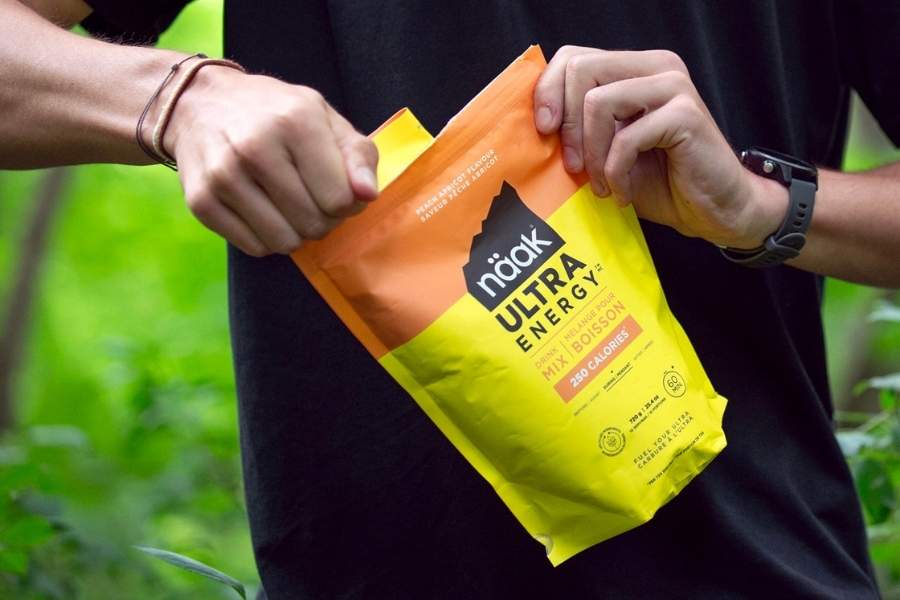





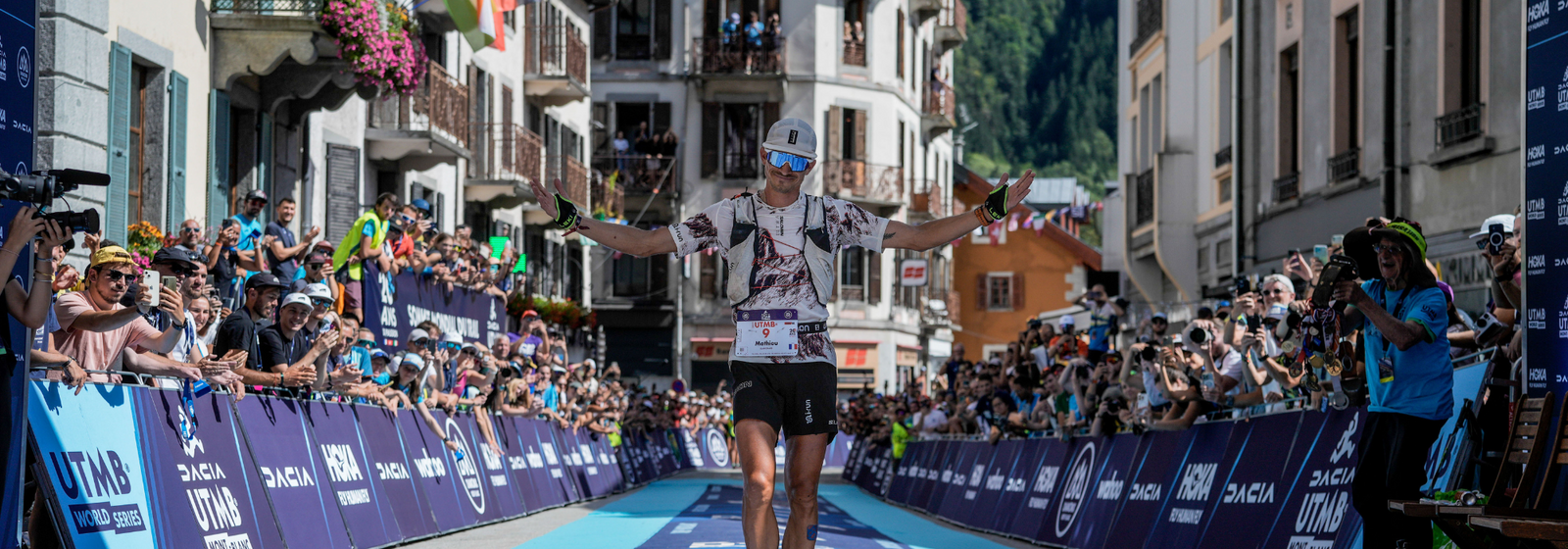




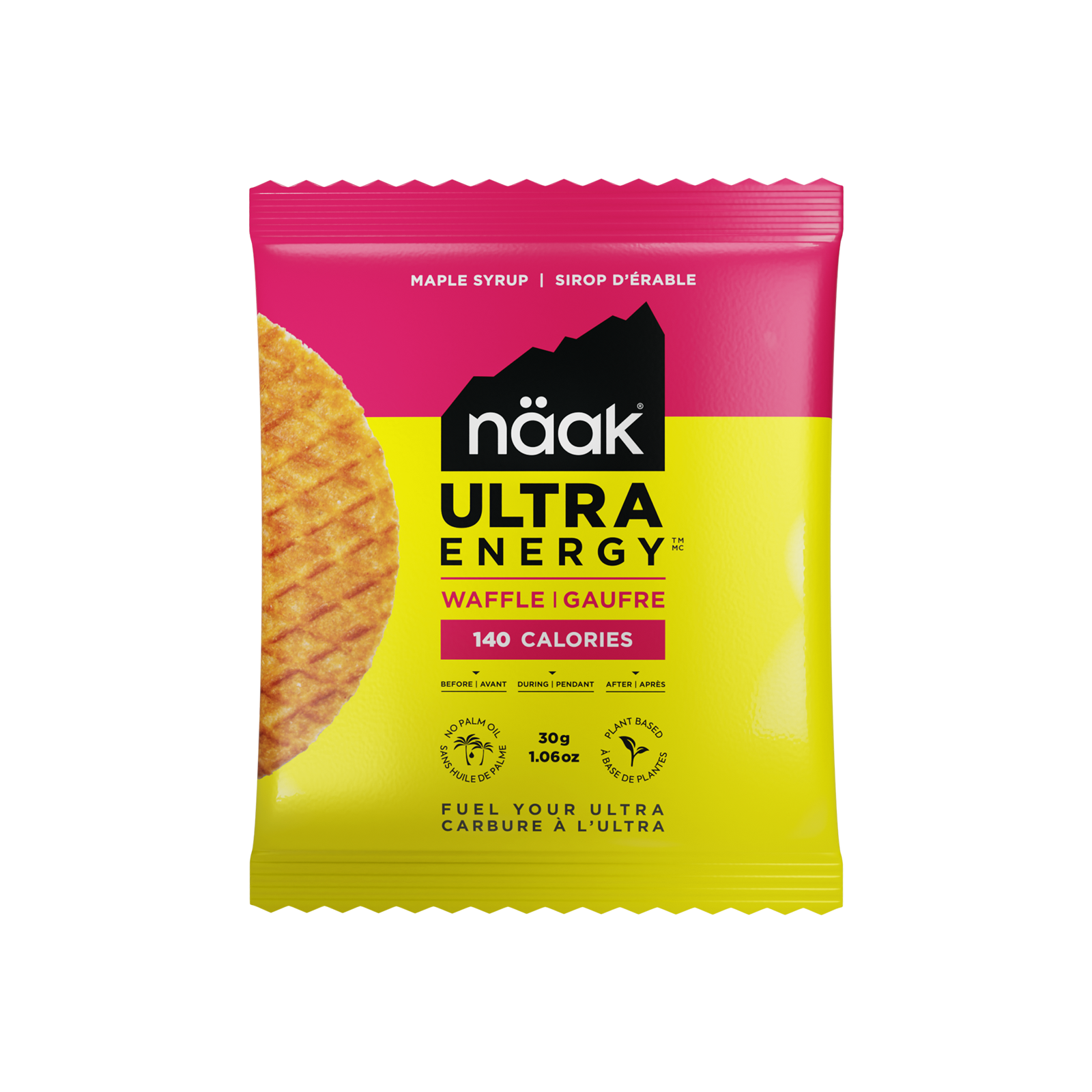
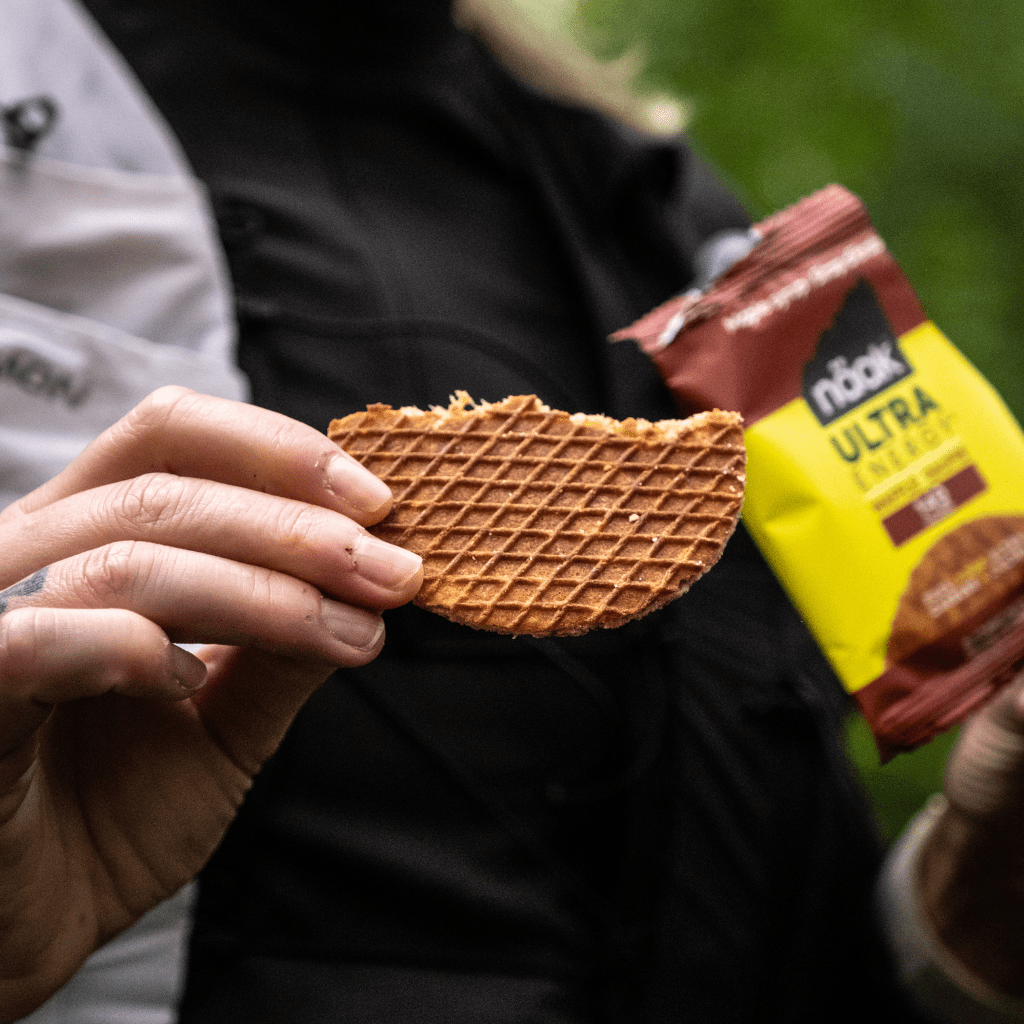
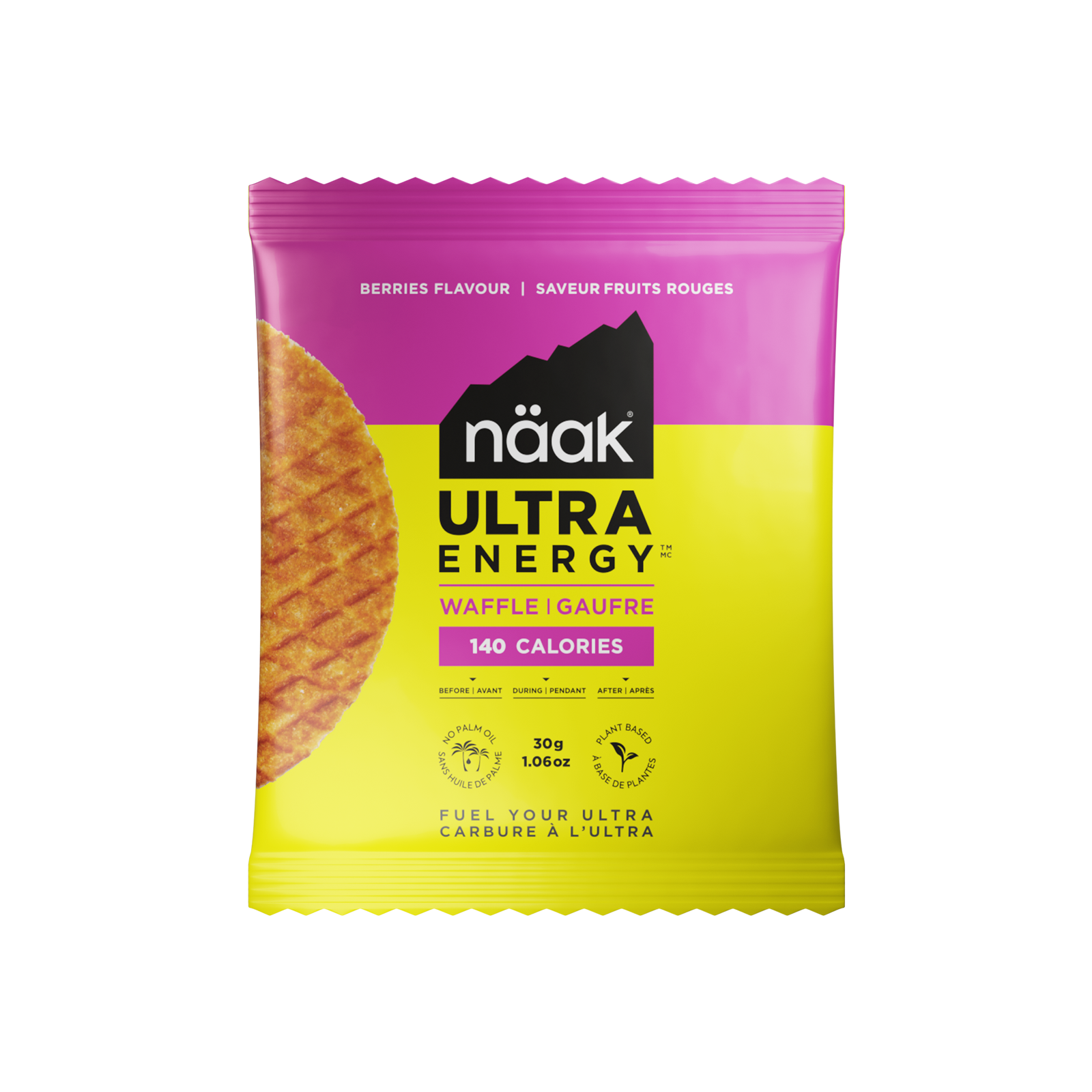


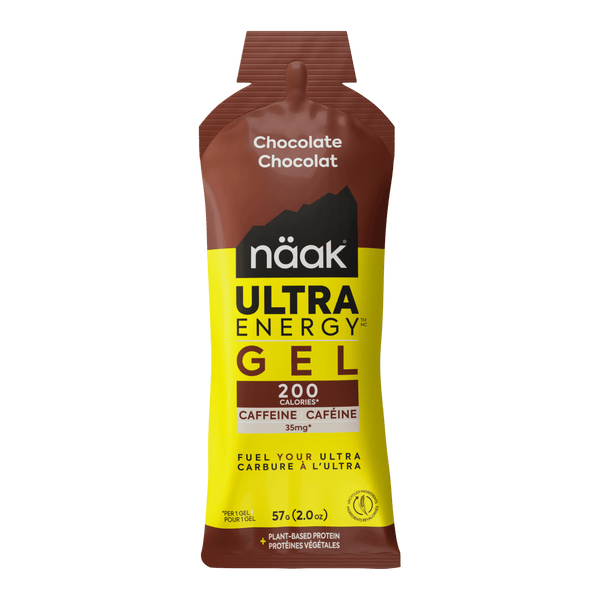
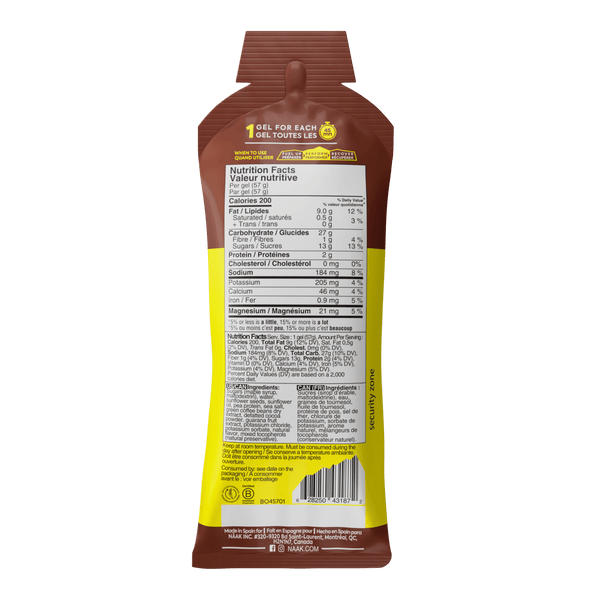
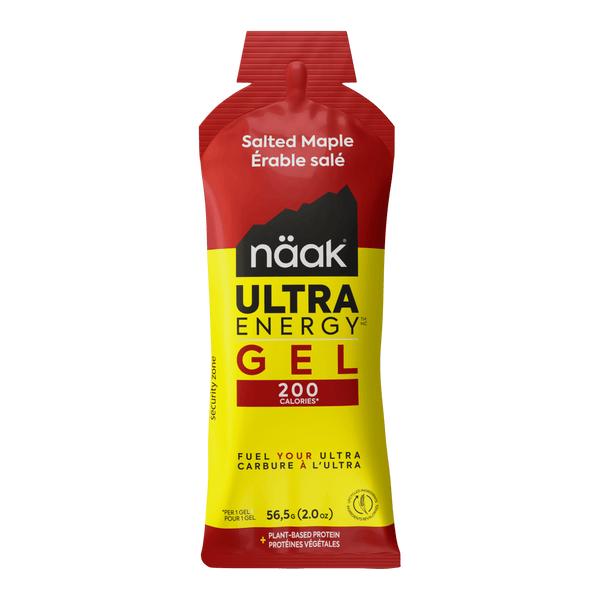
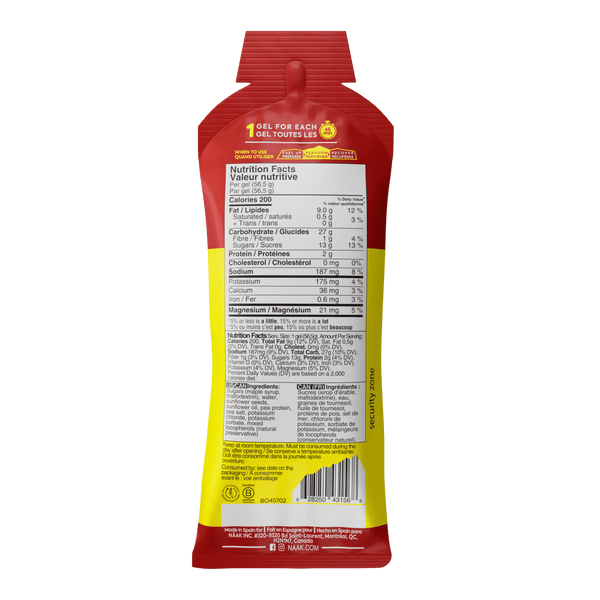
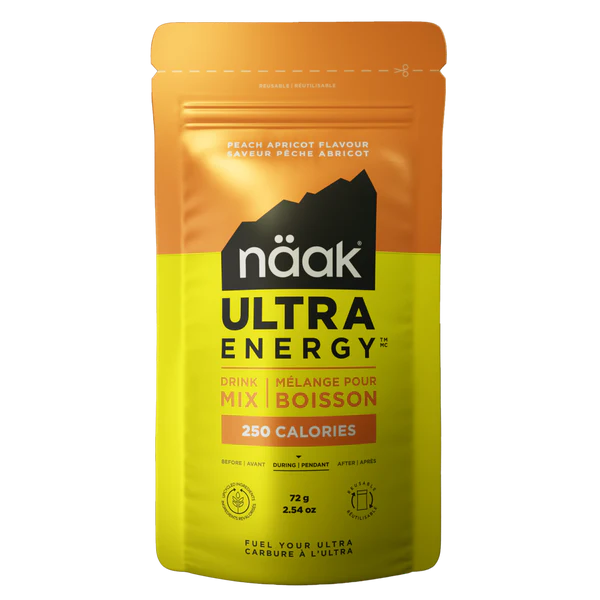
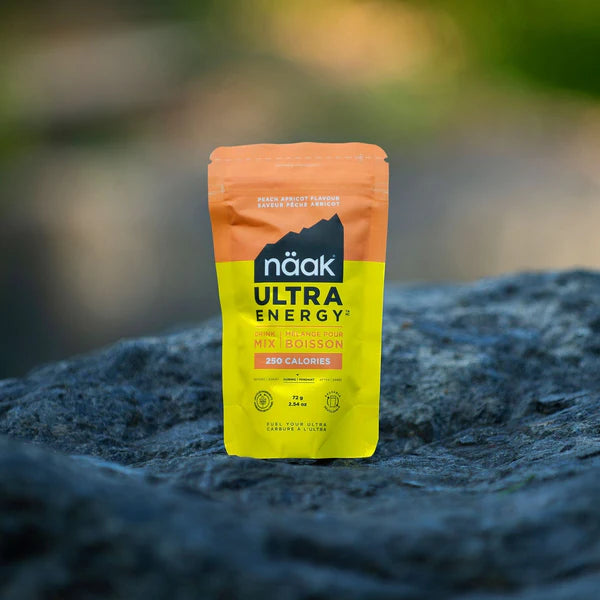


Leave a comment (all fields required)